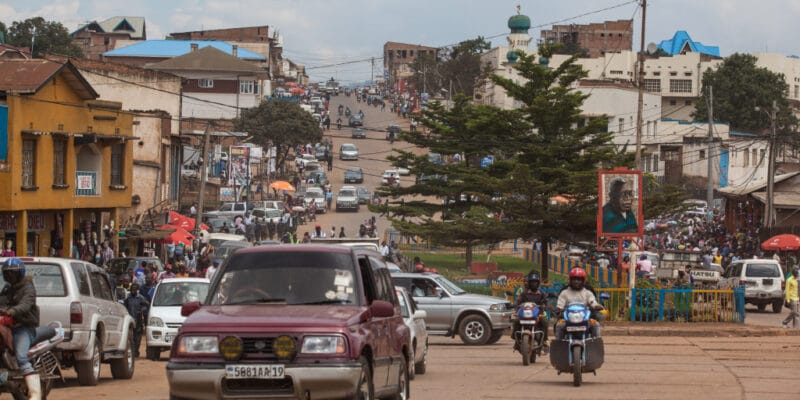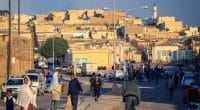Through its subsidiary, the International Development Association (IDA), the World Bank is validating a $500 million loan for the sustainable development of Kinshasa. The funding will improve the provision of essential services. The World Bank loan comes as the capital of the Democratic Republic of Congo (DRC) reopens after a period of restricted movement due to Covid-19.
The World Bank funding will support the implementation of the Kinshasa Multi-Sectoral Development and Urban Resilience Project, known as “Kin Elenda”, which means “sustainable and resilient Kinshasa”. The $500 million package is provided by the International Development Association (IDA), a subsidiary of the World Bank Group. One of the major components of Kin Elenda is the development of infrastructure for access to essential services in the capital of the Democratic Republic of Congo (DRC).
The government of this Central African country plans to finance basic services such as water, sanitation, solid waste and energy. The overall objective, according to the World Bank, is to improve access to these four services (with a focus on water) by investing in key climate-resilient infrastructure and rebuilding better after Covid-19. This includes building new water treatment plants, sludge treatment facilities, upgrading the water supply network, developing a landfill, building a transfer station, developing off-grid electricity facilities and improving street lighting.
Improving urban planning
Kin Elenda will also improve the sustainability and quality of every essential service through strengthened governance and improved operational performance. “The Kinshasa Multisectoral Development and Urban Resilience Project will help address the problems of lack of access to basic services in urban neighbourhoods, socio-economic exclusion and exposure to climatic shocks, which are already affecting Kinshasa and pose risks to sustainable urban development,” says Jean-Christophe Carret, the World Bank’s Country Director for the Democratic Republic of Congo, Burundi, Angola and São Tomé and Príncipe.
The project will also support improved urban planning and income generation, which in turn will help improve services and governance. In addition, through investments in infrastructure maintenance and social inclusion activities and by increasing access to vocational training, the project aims to improve the financial resources of vulnerable people while stimulating growth and productivity in priority sectors.
Focus on women
According to the World Bank, more than two million people, 51% of whom are women, will directly benefit from improved services, such as connecting households to water, reducing exposure to flooding and creating urban green spaces in the neighbourhoods of Kisenso, Ndjili, Matete and Lemba. Gender inequality will be addressed in all project components through activities aimed at improving the socio-economic conditions of women. For the record, Kinshasa is one of the most populous cities in sub-Saharan Africa with an estimated population of 17.07 million in 2020, eight times the population of Gabon (2.17 million).
Jean Marie Takouleu






